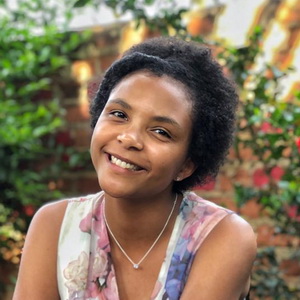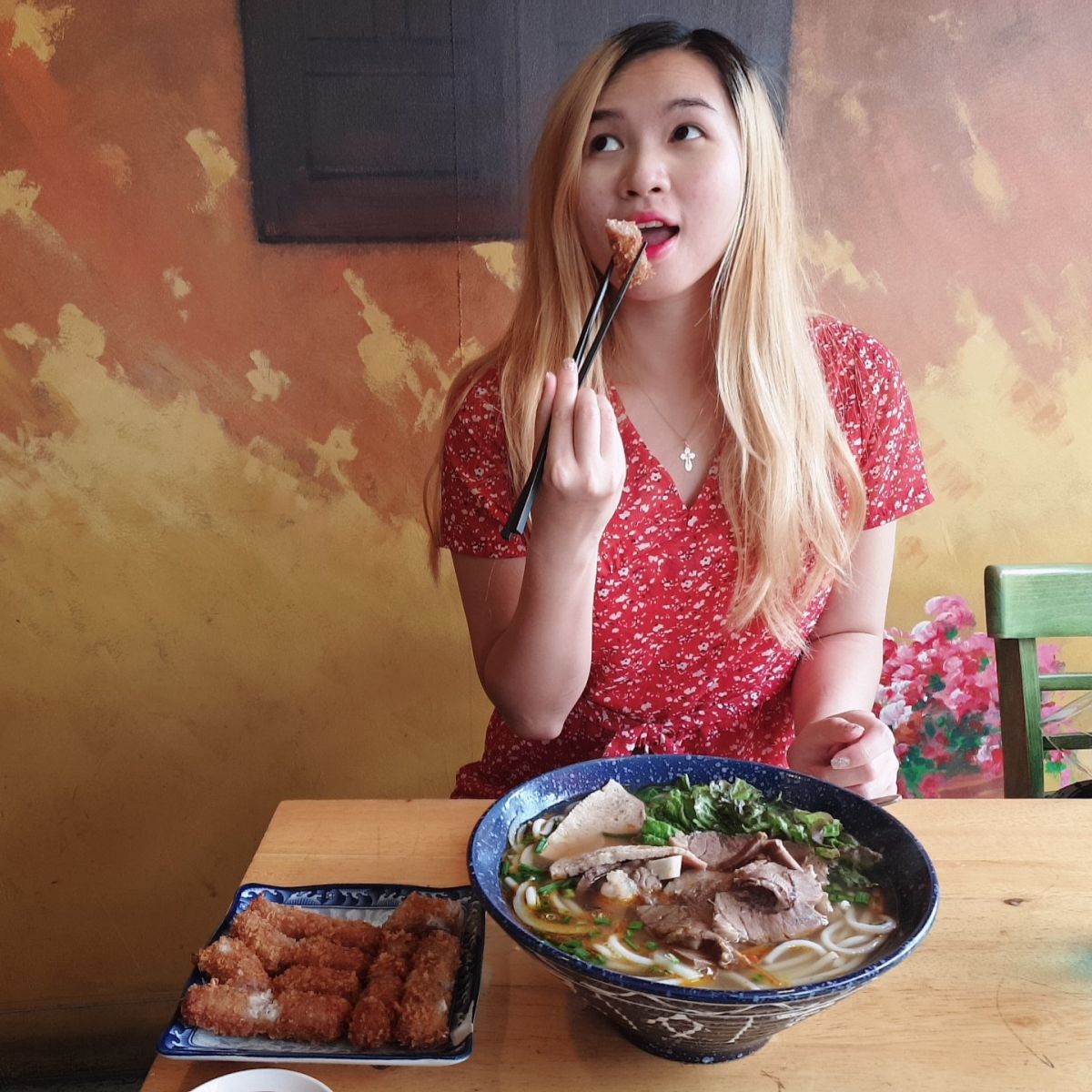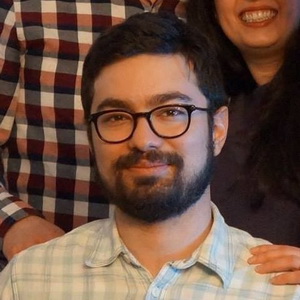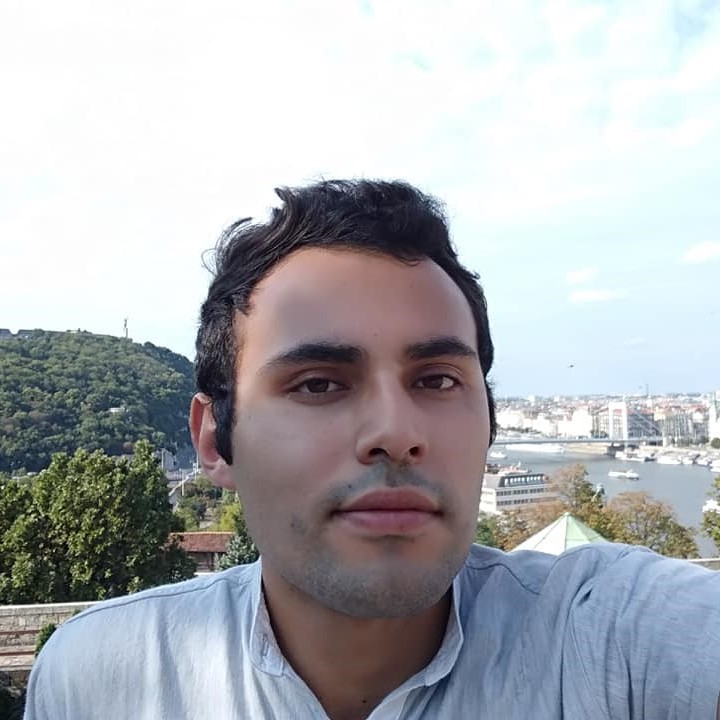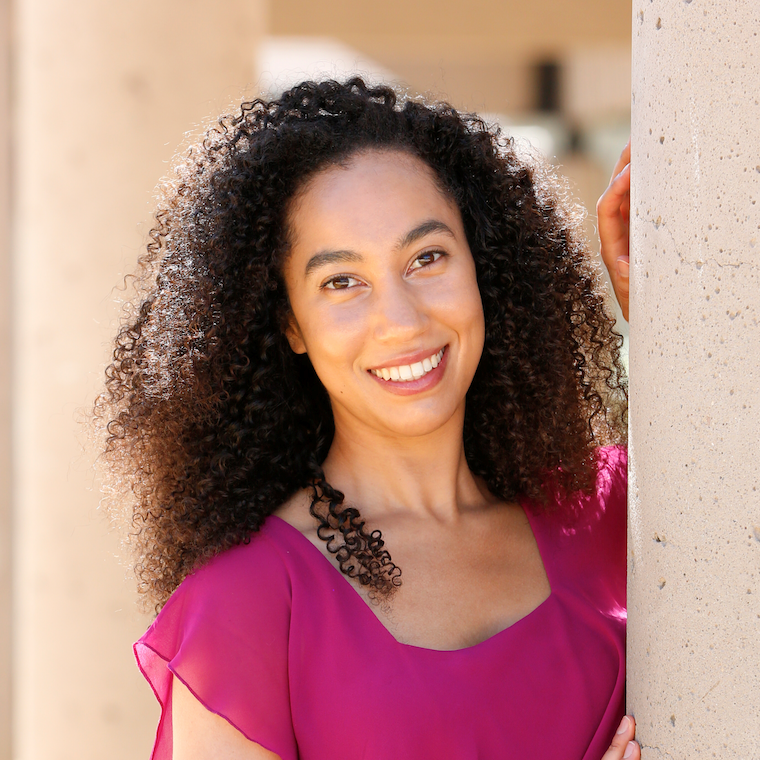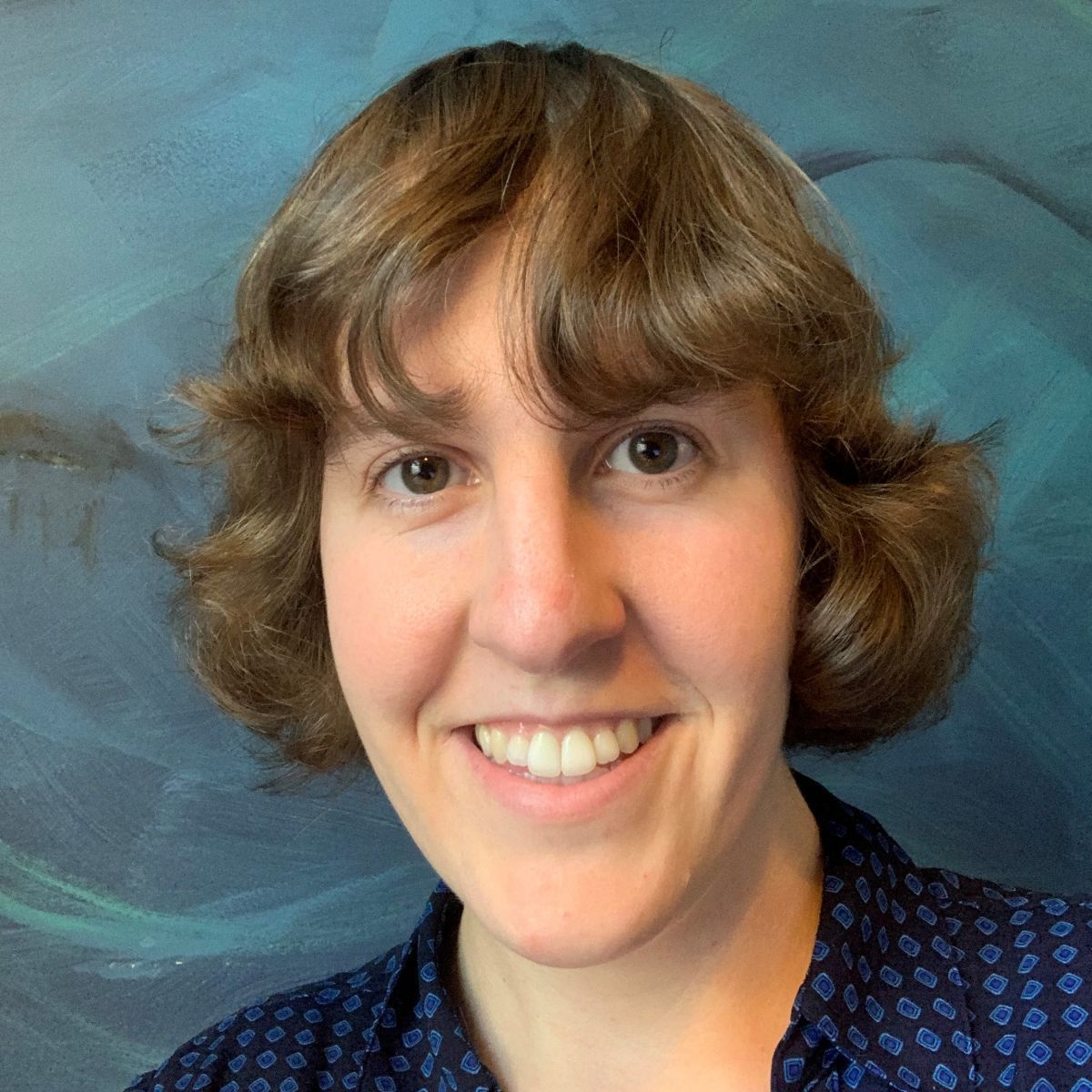Connecting through Food
Food bonds people together. Studying abroad in Tecpan, Guatemala, I encounter an emphasis on home-cooked meals and local foods that I never experienced in the United States.
United States, Northern America
Story by Sidra Kennedy. Edited by Melaina Dyck
Published on October 22, 2020.
Reading time: 4 minutes
This story is also available in 






Listen to this story:
My Guatemalan host mother is taking handfuls of raw maize dough[1] to shape into small circles to create tortillas. I’m flipping plantains in oil over the stove while admiring her. We are cooking breakfast the day after we first met and have yet to have a conversation where we both understand what is being said. She had to demonstrate flipping of the plantains in order for me to grasp the job I was handed. Now, cooking side by side, I feel close to understanding her.
In the North American culture I grew up with, food is often thought of as a necessity, but not as a source of bonding. However, I’m realizing that almost every culture and tradition has food at the core. Food bonds people together. Studying abroad in Tecpan, Guatemala, I encounter an emphasis on home-cooked meals and local foods that I never experienced in the United States. Tecpan has a local market, where vendors come every day to sell their products. On Sundays and Thursdays, the market takes over the entire town, packed with vendors from all the surrounding towns. I often lose track of my less-than-5-foot-tall host mom in those crowds. Each day we visit the same food stands. My host mom chats with the local farmers she knows, and carefully picks out the best produce. Crop yields vary each week. The produce selection changes with the seasons. Each time we return home with different foods to make home-cooked meals.
I instantly appreciate the fresh foods from the local market. Later, I understand that this system is better for the environment than the grocery stores I grew up with. In North American grocery stores, shelves are piled with fruits and vegetables, at almost the exact same quantity no matter the season. The ability to produce these “perfect” foods at any time in the year is a result of Genetically Modified Organisms (GMOs) and mass importation. Both of these systems are hurting our environment. Encountering non-GMO produce in Tecpan leads me to wonder about all the GMO crops that make up my diet in the United States.
I learn: GMOs are crops genetically designed by humans. GMOs are designed to have desirable characteristics, like uniform appearance and maintaining freshness during long-distance transportation. Although these characteristics make the fruit accessible in the grocery store, GMO crops also may require the use of agrochemicals that damage ecosystems. Mass importation also burns massive quantities of fossil fuels and can undermine domestic farming.[2]
For the two months I live in Guatemala, I am surrounded by ideas about food. Through educating myself on local agriculture to cooking to build relationships with my host family, I witness both how food connects people and how it can destroy our environment. But, in Tecpan, I see that having good food for people does not have to be bad for the environment. To maintain food cultures, we must strive to make food systems based in local ecosystems and traditions, and less dependent on agrochemicals, fossil fuels and GMOs. Now back in North America, I extend the connection I created with my host family in Guatemala, by buying fresh, local foods, and cooking incredible meals with those around me.
Footnotes
[1] Maize dough is ground up maize (corn) that is used to create tortillas, chuchitos and other traditional Guatemalan meals.
[2] For more information on GMOs and the global food system, check out: Committee on World Food Security “Genetically Modified Crops: Seeds of Hope or Deception?” (http://www.fao.org/cfs/home/blog/blog-articles/article/en/c/1104228/); Food and Agriculture Organization of the UN “Agricultural biotechnologies” (http://www.fao.org/biotech); La Via Campesina food sovereignty movement (https://viacampesina.org/en/); Alliance for Food Sovereignty in Africa (https://afsafrica.org/); Book “Tomorrow’s Table” by Pamela Ronald and Raoul Adamchak (New York: Oxford University Press, 2008)
How does this story make you feel?
Follow-up
Do you have any questions after reading this story? Do you want to follow-up on what you've just read? Get in touch with our team to learn more! Send an email to [email protected].
Talk about this Story
Please enable cookies to view the comments powered by Disqus.
Subscribe to our Monthly Newsletter
Stay up to date with new stories on Correspondents of the World by subscribing to our monthly newsletter:
Tags
Topic: Environment
> Malaysia
Malaysia and Our Annual Flooding
A story by Grija Vijayan
5 min
Every year the monsoon season in Malaysia brings its victims. Here, Grija recounts the major flood she experienced in 2006. Read more...
> Uganda
Air Pollution in Kampala, Uganda
A story by Anna Adima
4 min
If no concrete action is taken soon, the capital of the Pearl of Africa will become almost inhabitable in a few decades from now. Read more...
> South Korea
When Air Pollution Turns Heaven to Hell
A story by Nhi (Christie) Pham
4 min
On many days, smog hides the buildings and covers the cars. Read more...
Explore other Topics
Get involved
At Correspondents of the World, we want to contribute to a better understanding of one another in a world that seems to get smaller by the day - but somehow neglects to bring people closer together as well. We think that one of the most frequent reasons for misunderstanding and unnecessarily heated debates is that we don't really understand how each of us is affected differently by global issues.
Our aim is to change that with every personal story we share.
Community Worldwide
Correspondents of the World is not just this website, but also a great community of people from all over the world. While face-to-face meetings are difficult at the moment, our Facebook Community Group is THE place to be to meet other people invested in Correspondents of the World. We are currently running a series of online-tea talks to get to know each other better.













